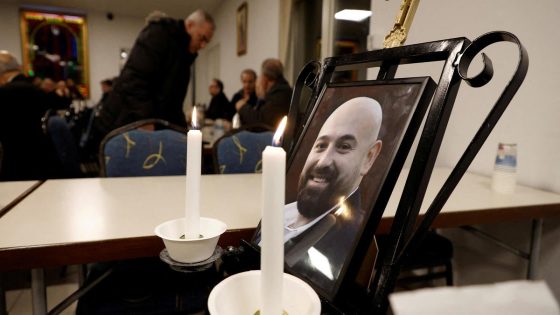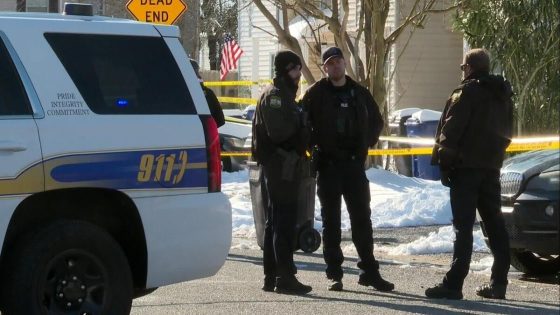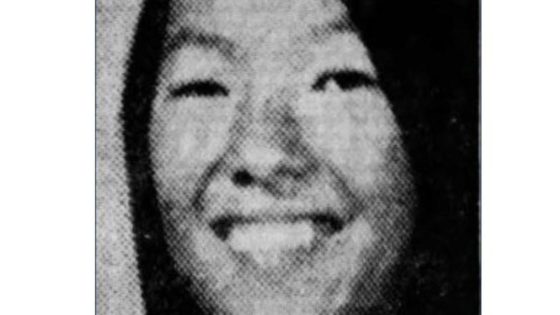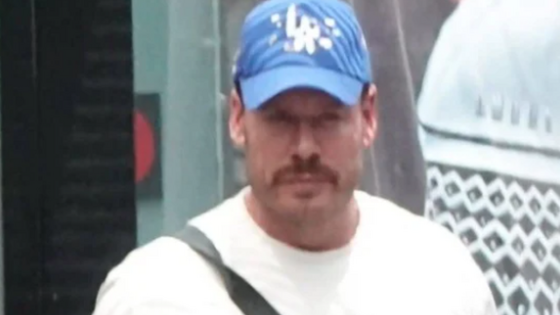A dark chapter in the annals of crime has closed this week as Bruce Mendenhall, known infamously as “The Truck Stop Serial Killer,” was convicted for the 2007 murder of Carma Purpura, a mother of two from Indianapolis. The verdict, announced on Wednesday, marked a significant moment in what prosecutors termed a chilling murder spree that spanned multiple states and implicated Mendenhall in several unsolved homicides.
- Bruce Mendenhall convicted of multiple murders.
- Known as "The Truck Stop Serial Killer."
- Carma Purpura murdered in Indianapolis, 2007.
- Blood evidence linked Mendenhall to victims.
- Mendenhall faces sentencing on February 17.
- Family seeks closure after lengthy ordeal.
The events that led to this conviction unfolded nearly two decades ago. In 2007, Purpura met Mendenhall at a truck stop in Marion County, Indiana. The encounter proved to be fatal. Her family and friends had hoped for closure following her disappearance, which remained unresolved until her body was discovered in 2011, hidden down a steep ravine alongside a Kentucky highway. Authorities later determined that she had succumbed to a gunshot wound to the head.
Mendenhall, 73, a former truck driver, was apprehended in Nashville the day after his encounter with Purpura. His arrest was not only for her murder but also related to ongoing investigations into another local homicide that had occurred at a Nashville truck stop just weeks prior. Upon inspecting his truck, law enforcement officials found it blood-spattered, along with a .22 rifle, a bag of bloody clothing, and identification belonging to Purpura, creating a harrowing link to her disappearance. The blood spatters were ultimately matched to her, sealing the case against him.
Mendenhall’s criminal history is convoluted. He was previously convicted in connection with the murder of another woman, Sara Nicole Hulbert, in 2010, and again in 2018 for the killing of Symantha Winters, both also linked to truck stops. The investigations into Mendenhall’s activities spanned across several states, raising concerns about the safety at such travel hubs that have become breeding grounds for predators.
As Mendenhall’s trial unfolded, Marion County prosecutor Ryan Mears praised the commitment and diligence of the investigative teams working tirelessly across state lines, stating, “The hard work of detectives was crucial in bringing justice for the victims and their families.” This sentiment resonated throughout the courtroom as family members, waiting for justice for years, finally felt a sense of relief at the conviction.
The trial itself bore witness to the emotional toll of the prolonged delay in justice for Purpura’s family. They attended every day but chose to remain silent after the verdict, perhaps reflecting the complex feelings of grief and anger intertwined with relief. Prosecutor Mears emphasized the hope that the verdict would bring closure to those still mourning their loved ones, stating, “It is my hope that today’s verdict brings resolution to Carma’s family and others who have waited years for answers and accountability.”
Mendenhall’s sentencing is set for February 17, where he faces a potential maximum sentence of 65 years in an Indiana prison. While this conviction marks a significant development in a lengthy saga of tragedy and horror, it also raises many unanswered questions. Authorities continue to explore his connections to other cold cases, leaving communities across the nation both hopeful for justice and wary of the shadows that linger in their midst.
As the legal proceedings unfold, the focus remains not only on Mendenhall’s wrongdoing but on the lives shattered by his actions, underscoring the enduring impact of such heinous crimes.
































